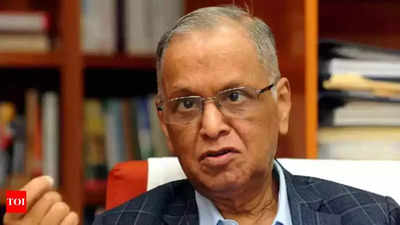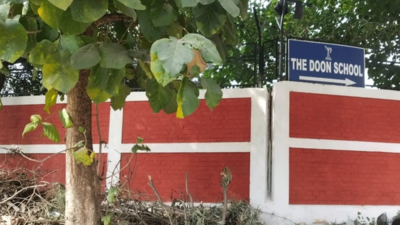
Infosys founder Narayana Murthy BENGALURU: Infosys founder NR Narayana Murthy emphasised Thursday need for India to reclaim its historical prominence in scientific innovation , saying invaders and colonisers scuttled Indian science for almost a thousand years from 1000 to 1947 and youths were “held back in pursuits” of critical & analytical thinking, invention and innovation. Murthy made the observation during a virtual address at the announcement ceremony for 2024 Infosys Science Prizes . “In Israel, we learned to appreciate our greatest national advantage: Our minds.
Through creativity and innovation, we transformed barren deserts into flourishing fields and pioneered new frontiers in science and technology,” Murthy quoted the late Shimon Peres from Israel, adding “such is the power of groundbreaking ideas for every nation”. “History tells us India was a leading nation leveraging the power of ideas in mathematics, astronomy, engineering, medicine, and surgery from Vedic times until multiple invasions of our country by tribal leaders from Afghanistan and Uzbekistan during 700 AD to 1520 AD, followed later by arrival of British colonists.” Murthy said rulers from Afghanistan and Uzbekistan did not have much appreciation for science, medicine, & math, while British sporadically encouraged Indians to pursue ambitious and imaginative work.
“But our progress was slow. Thus, youth were held back in their pursuits of these areas, including observation of nature, curiosity, inferencing, critical and analytical thinking, invention and innovation, and problem definition & problem-solving.” He said the drive to revive power of STEM to solve the nation’s problems began after Independence, though the task remains a significant challenge.
.














